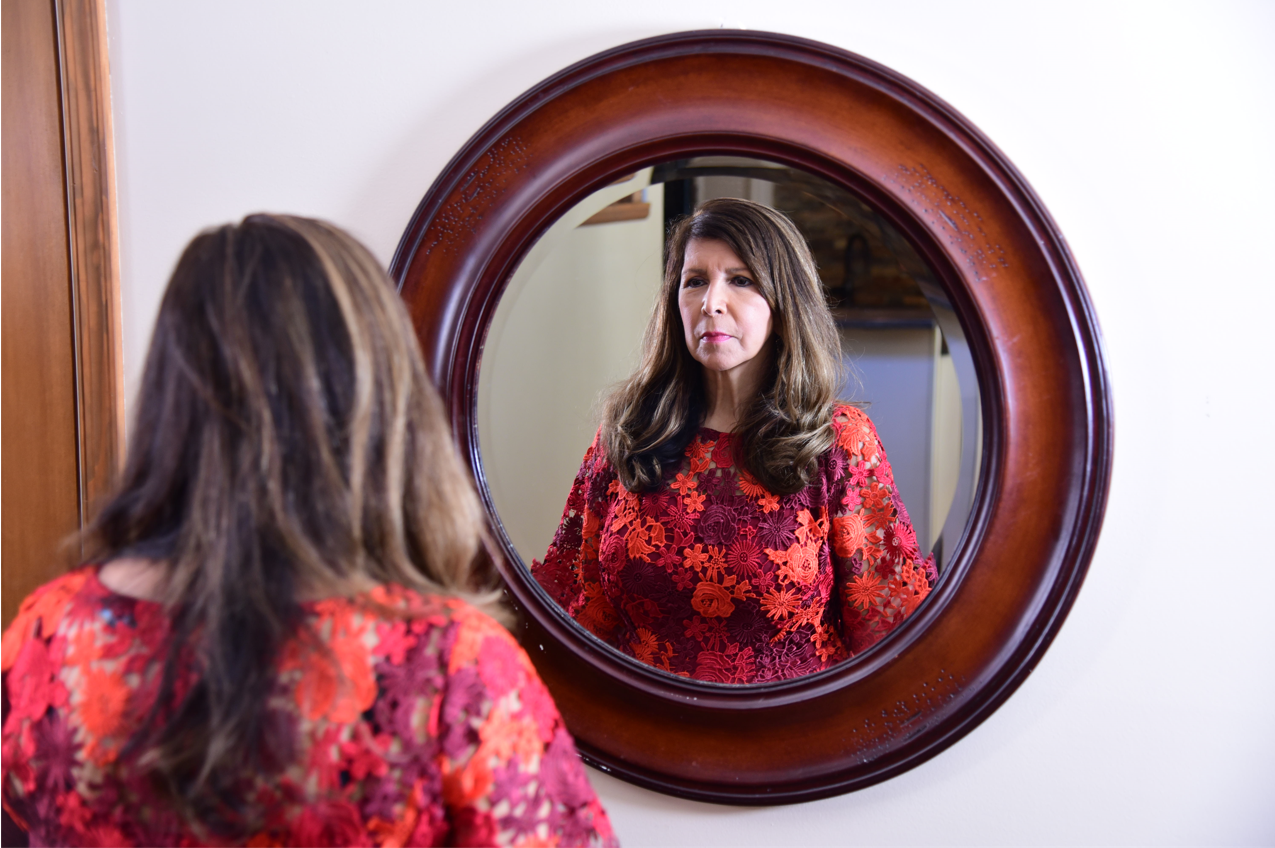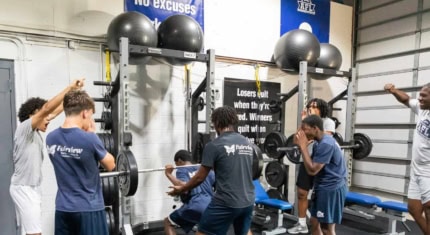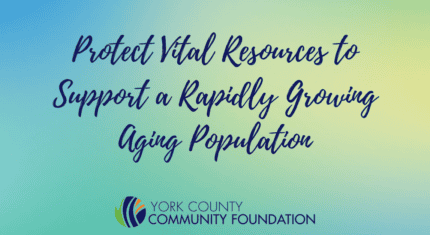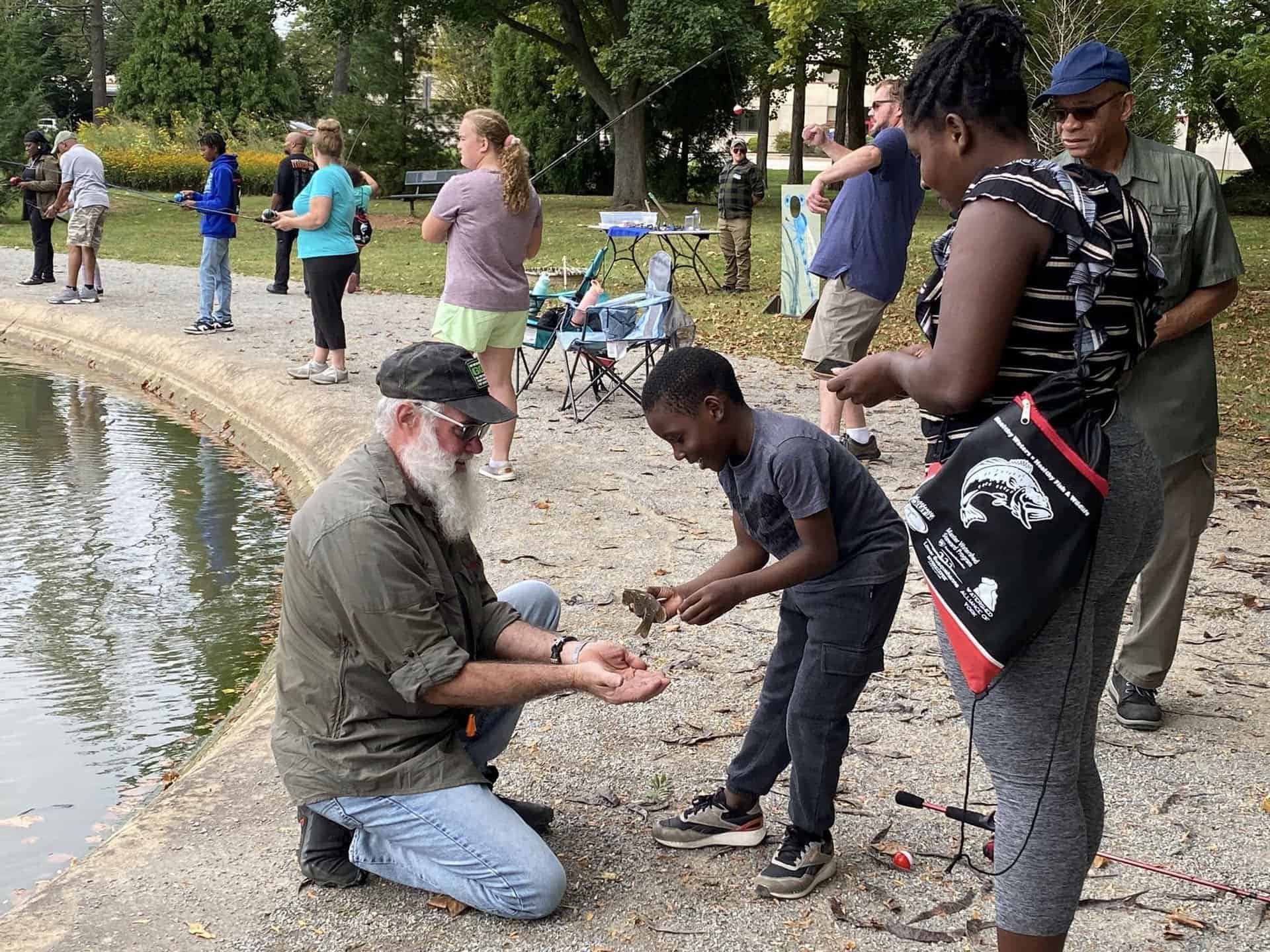“You only need a mirror to create an aging change because looking in the mirror and declaring you are the perfect age for you today is a first step in shifting attitudes on aging.”
These were the words of Dr. Bill Thomas, an author, entrepreneur, teacher, physician, and founder of the influential multi-blogger platform ChangingAging.org when he addressed almost 400 people of differing ages in the Waldner Performing Arts Center at York College of Pennsylvania back in spring 2016.
Named by the Wall Street Journal as one of the nation’s “top 10 innovators” changing the future of retirement in America, Dr. Thomas came to York County at the invitation of York County Community Foundation’s Embracing Aging.
I was reminded of his words just recently, while hearing a group of women discuss how age 60 is the new 40. You see Dr. Thomas doesn’t like this phrase, as he believes it is unhealthy and a denial of aging. He acknowledges a person age 60 today is different than a person age 60 living in prior centuries, yet the person’s chronological age remains 60 years-old.
During his presentation, he offered some interesting facts to help us reframe our attitudes on aging, which I believe are beneficial to share again.
Fact 1:
People start aging at age 28. Not at birth, not at 40, 50, or 65, but at age 28. From birth to age 28, humans are in what is referred to as maturation, otherwise known as the process of maturing.
Fact 2:
People age at a rate of 1% per year for the rest of their lives. A 30-year-old ages at the same rate as someone age 90! The only difference is that the 90-year-old has achieved more years of aging. Astounding, isn’t it? This might make you wonder why older people die more often than younger people if everyone ages at the same rate starting at age 28.
Fact 3:
Older people die more often than younger people because of reserve capacity. At age 28, each person has a big imaginary box around them that equals 100% of reserve capacity. As each year passes, 1% of that reserve capacity is diminished and the imaginary box gets smaller. By age 78, a person now only has 50% reserve capacity. So, as we age, it doesn’t take as much to “knock us out of our box,” resulting in more deaths of people in their later years. On the opposite end, babies born prematurely also have a small box of reserve capacity.
Fact 4:
The happiest decade in life is your 70s, closely followed by your 80s. On the flip side, people in their 40s are the unhappiest, with the age of 47 being the unhappiest year in one’s life. Why? Dr. Thomas explained that it has to do with older adults’ ability to be in control of their emotions. They can experience moments of poignancy at the same time as happiness. They have more insights into the problems of everyday living and are better able to balance them.
If we’re happiest in our 70s, then why is there such a stigma toward aging? Dr. Thomas suggests it’s because we are constantly being compared to our younger selves. He challenges us to outgrow adulthood and become the elders of America just as children outgrow childhood to become adults.
Take note of the word “elder,” a term Dr. Thomas finds much more appropriate than “elderly” or even “older adult.” Our culture doesn’t call a 25-year-old an older child, so why not afford the same growth opportunities for adults to outgrow adulthood and become a young elder?
Look at it this way: Parents hustle children through childhood, looking ahead to the next age-related milestone until they reach adulthood. However, once they reach adulthood and approach their 40s, society almost demands that age-related changes stop, as if aging only means impairment and decline.
And that’s where reframing our attitudes on aging comes in. Ageism (prejudice attitudes towards older people, old age, and the aging process) diminishes life experience. When we live in a society “drunk on youth,” aging becomes a dirty word, said Dr. Thomas, when in fact, evidence tells us aging makes us into better people.
What are your thoughts about growing older? How do you talk about your aging? Are you a:
- Denialist, who loudly rejects changes that come with age
- Realist, who views aging as bad and actively resist aging changes
- Enthusiast, who finds aging interesting and they can’t wait to explore it
There is value of life beyond adulthood. Don’t get trapped in a desperate and ultimately doomed effort to continue living as if you are a younger age.
I cannot run as quickly as I did at 15, nor perform backbends and cartwheels across the grass as I did at age 8. My worth isn’t measured on what I can still or can’t do. People of all ages are valuable no matter what. But this is especially true for older adults, as they have life lessons and experiences that are far more important than abilities.
Someone once asked me about people who are no longer able to communicate due to advanced diseases, such as Alzheimer’s. I echo Dr. Thomas’s thoughts on this. These people have the greatest value because they teach the rest of us about compassion.
Celebrate and embrace your age. Remember, you are the perfect age for you today.







